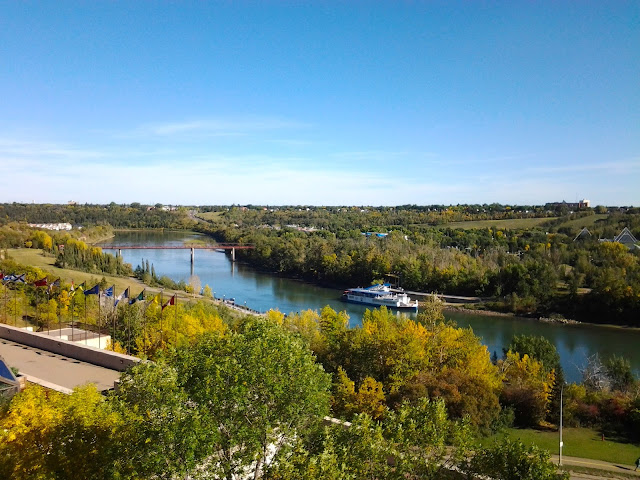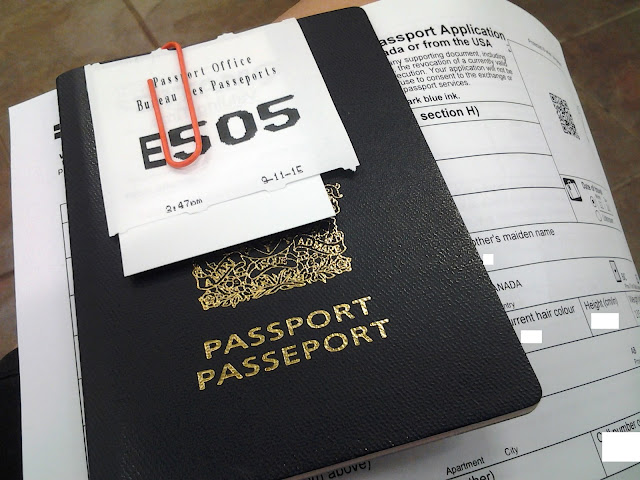As us second-year residents got left behind this week when the rest of our program took off for the national radiation oncology conference, we were invited instead to attend the annual Western Canada GI Cancer Conference, which just so happened to be held in Edmonton this year. The focus was gastric cancer, which I've only ever seen a couple of cases of (it's relatively rare -- but aggressive).
The conference was held over Friday and Saturday at the Fairmont Hotel Macdonald.
 |
| it's one of the beautiful old railway hotels -- basically a castle (photo from Wikipedia) |
The foundation has recently extended to Canada (Ontario and BC) and the two gastric cancer survivors who head up these branches were also in attendance, to share their experiences. Perhaps I'm very naive, but I was honestly taken aback by how well they all looked. At the cancer centre, I think our population is skewed towards poorer outcomes because it's those sicker patients who keep coming back for treatments and follow-ups; as our aim is to discharge patients from oncologic follow-up as early as possible, we miss seeing how the good ones do. For that reason I thought it was especially interesting and inspiring to hear these peoples' stories and perspectives on the disease.
 |
| Next was break time -- I checked out the view (this hotel = amazing). |
 |
| It was gorgeous and 28 degrees out! |
 |
| my stealthy picture doesn't do this room justice -- it's the hotel ballroom and is so so beautiful! |
 |
| We finished early and had a break before dinner so I ran across the street to get my passport renewed. #efficiency |
 |
| We reconvened for dinner at Sabor Restaurant. It was fancy and delicious. There were some interesting discussions at our table of medical oncologists and one of the gastric cancer survivors. |
 |
| they kept us well-fed |

No comments:
Post a Comment